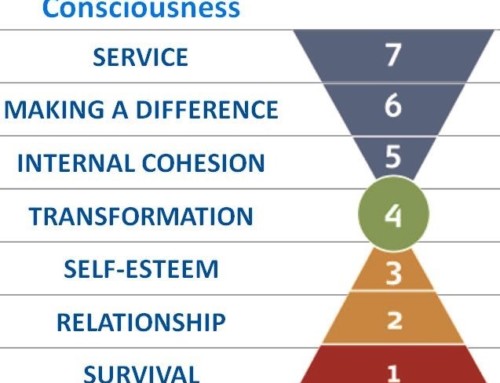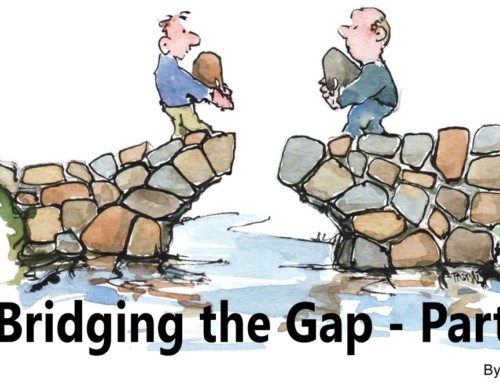One of Leadership Beyond Limits foundational beliefs is that organizations that are committed to an appreciative inquiry culture are dynamic and resilient.
Appreciative Inquiry (AI) is currently revolutionizing the field of organizational development. First articulated by David Cooperrider and Suresh Srivastva, two professors at Case Western Reserve University’s Weatherhead School of Management, AI is now widely recognized as one of the most practical tools in the rapidly growing discipline of positive change. Why are forward thinking business leaders embracing AI? The results speak for themselves. Here is a sampling of results reported at the recent 2007 International AI conference. See if you agree that these are examples of dynamic and resilient businesses.
Two, four-billion dollar companies used Appreciative Inquiry to create ‘a merger of strengths’ realizing $75 million in synergies in the first 100 days, and an estimated $300 million in synergy savings in the first year.
A cover story in Forbes told the story of the application of Appreciative Inquiry at one of America’s fastest growing Fair Trade premium coffee roasters and their subsequent revenue growth. When the company began using AI as its organizational development approach, stock prices hovered around $18 per share- today, five years later, the stock continues to skyrocket at over $61 per share. (NASDAQ).
A Fortune 500 telephone company used AI to improve union-management relations and to re-write the contract. Estimates place the value of the initiative in the millions of dollars, saving the company thousands of jobs, and securing a stronger competitive positioning in the field.
A large retail grocery chain involved more than 500 front-line employees and managers in the development of customer service innovation projects. Results include 35% higher sales per man-hour ratio and powerful stories of how employees have transferred this experience to their families.
A crippled defense program was over budget, behind schedule, and facing cancellation. Relationships between employees, unions, and customers were at an all-time low. AI approaches were implemented for strategic planning and transformation to a team-based culture. Within five years the program became the ‘cash cow’ of the largest aerospace company in the world. It won the Malcolm Baldrige Quality Award.
AI works so well because it is based on some very powerful principles. The Positive Principle states: The more positive the question, the greater and longer-lasting the change. This is very different from the traditional “problem-solving” approach that is deeply embedded in the American business tradition, where the focus is on fixing what is wrong. The underlying belief is that we already know what is wrong and if we can just “fix” the perceived problem and return to the status quo we will achieve an ideal state.
The idea that we already know what “should be” is itself very limiting. Although he was talking about education when he said it, Enstein’s observation rings true for the business “problem solving” approach: “It is, in fact, nothing short of a miracle that the modern methods of instruction have not yet entirely strangled the holy curiosity of inquiry.”
Peter Senge put it another way: “We often spend so much time coping with problems along our path that we only have a dim or even inaccurate view of what’s really important to us.” This leads us to another AI principle, The Anticipatory Principle which states: “Images of the future inspire present day changes.” The success stories described above came about because people were invited to pose positive questions about their future. In doing so, they came up with innovative new solutions that would have been impossible to imagine had they taken a problem solving approach.
We intuitively know that dreaming future is more inspirational than planning one. After all, Martin Luther King did not say, “I have a strategic plan.” Instead, he shouted, “I have a DREAM! and he inspired a movement. When business leaders encourage employees to ask positive questions about a shared vision of the future, amazing things will happen.






Leave A Comment
You must be logged in to post a comment.